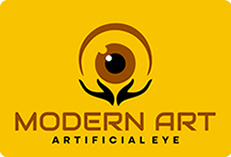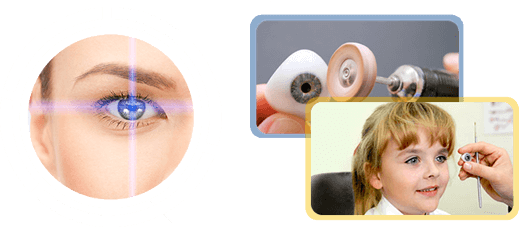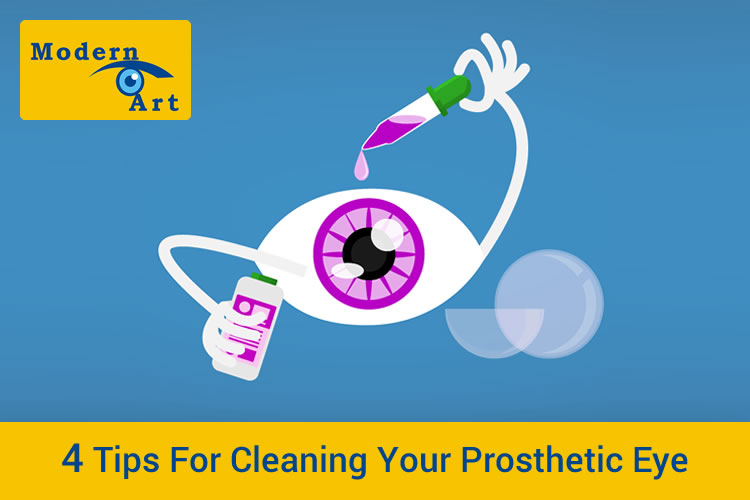A prosthetic eye can give you confidence; however, you apparently need to take good care of it. You might be aware that cleaning it frequently is vital so that you can see clearly out of it and you can keep it clean and hygienic.
Why professional cleaning of a prosthetic eye is necessary?
Prosthetic eyes are not natural and it needs regular care to remain its attractiveness & comforts. The artificial eye is generally formed from tough acrylic, the variation of eye socket can affect fitting of your ocular prosthesis.
In some cases, you can clean your prosthesis from home; but, you should choose professional ocular prosthesis center for Professional cleaning. Because Professional cleaning is adequate in excluding surface scratches, it will eliminate deeper scratches that can decrease the visibility.
Scroll down & check the following four important tips to clean the prosthetic eye professionally.
Your fingers are the only tool you need to clean your Prosthetic Eye; You should pick up the eye with extra care because it will be smooth. Soap commonly isn’t essential, but if it is needed, choose the mild soap. Clean the artificial eye by rubbing it vigorously with an appropriate towel (soft cloth) soaked with hot water used can be as hot as your hand can endure without harming the prosthetic eye. Wipe the front surface, then the back and then the sides.
Wash all solvent from the prosthetic eye and your hands. This seems like a crusty white area when the eye is dry and can be removed by hard polishing with a tissue or by scrubbing off with a fingernail. Do it with extra care here because it is easy to take the shine off the surface if you do it hardy. Touch the surface with a soft facial tissue and check the exterior to be sure there is not a thin layer of material still present. If there is, the surface of the eye will look dull and you must repeat the entire cleaning process, or schedule a polishing appointment from ocularist.
Never clean your artificial eye with rubbing alcohol or any unusual chemical. It will cause permanent harm to your artificial eye. Cleaning your prosthesis at home can assist you to reduce scattered pieces, but you’ll still need to visit an ocularist frequently for professional cleaning and polishing. Professional cleaning helps you to remove obstinate coats and bacterial infiltration.
It is important to Inspect the eye for any dull areas or scratches on the surface which may require professional polishing. if a film persists, get a solution of a denture cleaner. Mix it the same strength as for dentures and dry the eye in it for 30 minutes. Rinse under a good flow of warm water while rubbing the whole surface with your fingers to clean away any last relics of soap.
A prosthetic eye may look polished & perfect but, micro scratches in the artificial eye can cause eye discharge, discomfort, infection; But, Your prosthesis needs to be professionally cleaned & polished from the ocular prosthesis center at least once a year.


